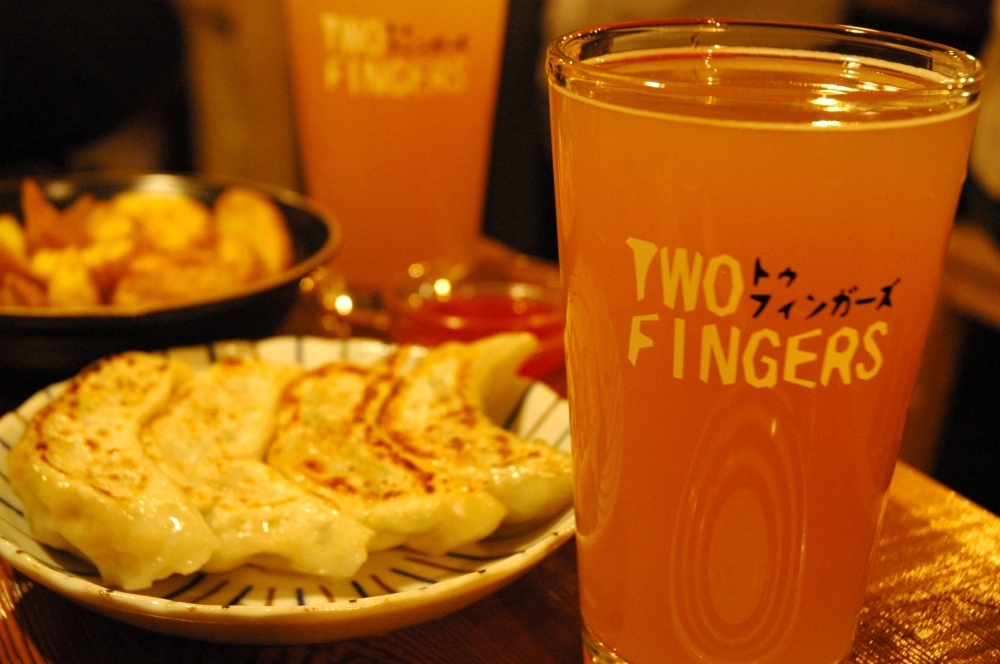In Japan, it’s still technically illegal to brew anything in your own home above 1% ABV. How the craft beer scene ever took off is a wonder, but whether budding brewers disobey the law to hone their craft or jet overseas to learn lessons in the art of beer production, who can say.
Either way, it all took off after 1994, when domestic laws on beer production changed. Before, any potential brewer wanting to get licensed would have to produce 2 million liters of beer to get a license; after deregulation, just 60,000 were required. Within the next three years, more than 300 new breweries opened.
Fast forward a few years and Tokyo is positively bursting with microbreweries, brewpubs and bars serving up craft beer. It’s hardly a nascent industry anymore: As of 2021, the capital boasts 73 craft beer breweries, while neighboring Kanagawa Prefecture has 36. That’s not even mentioning every bar, izakaya (Japanese pub) and restaurant that serves up designer brews other than those purveyed by beverage giants Asahi, Ebisu, Suntory and Kirin.



